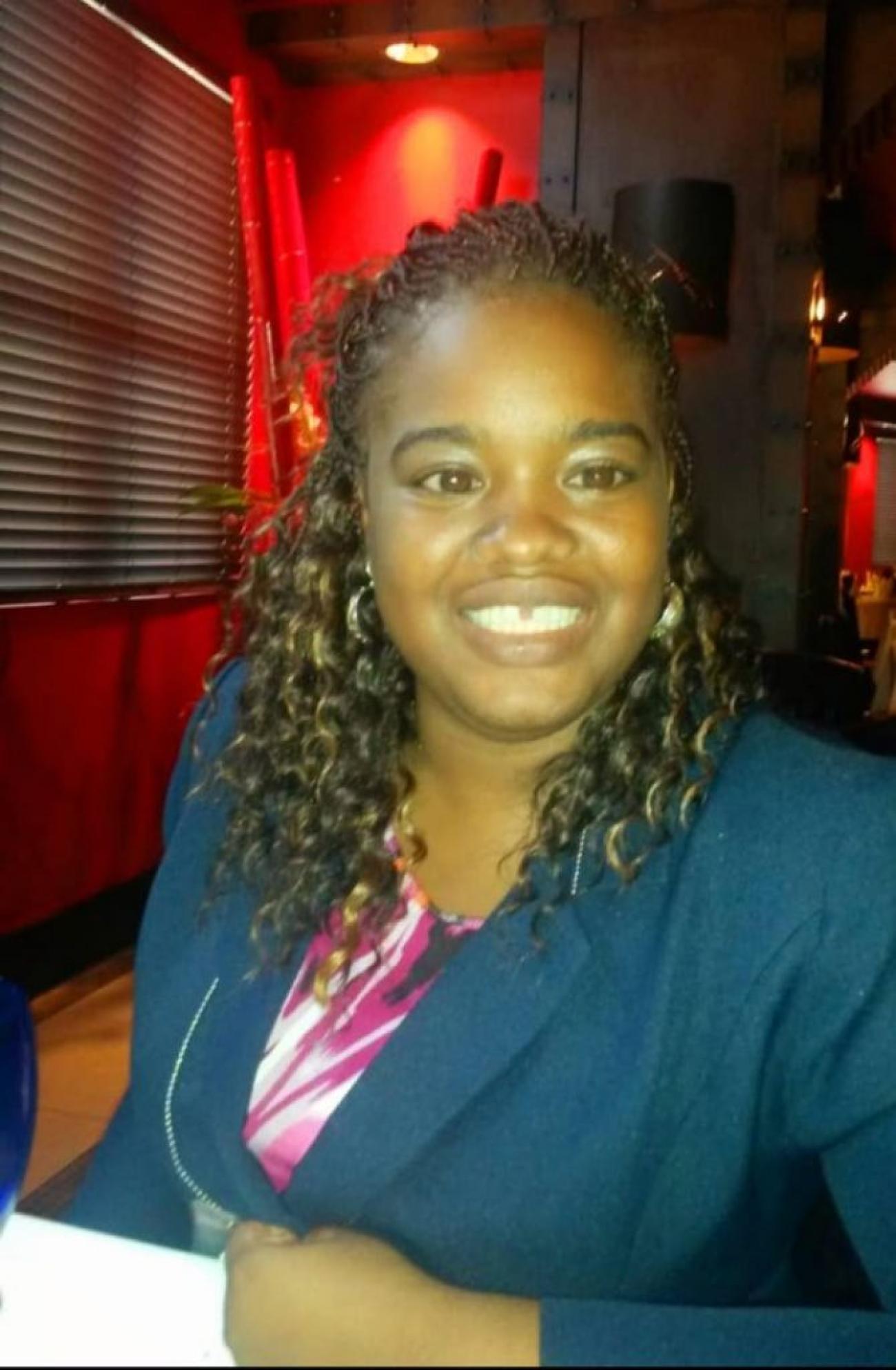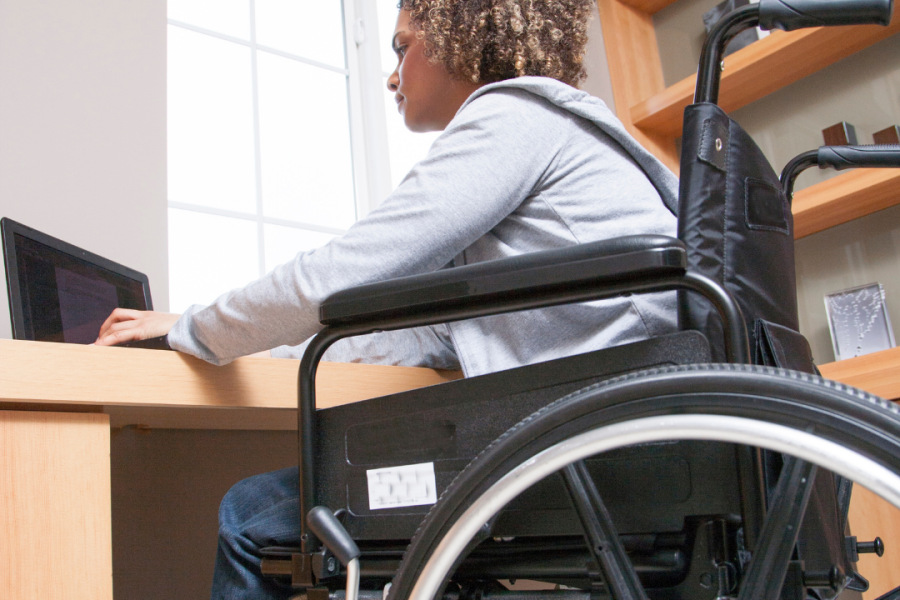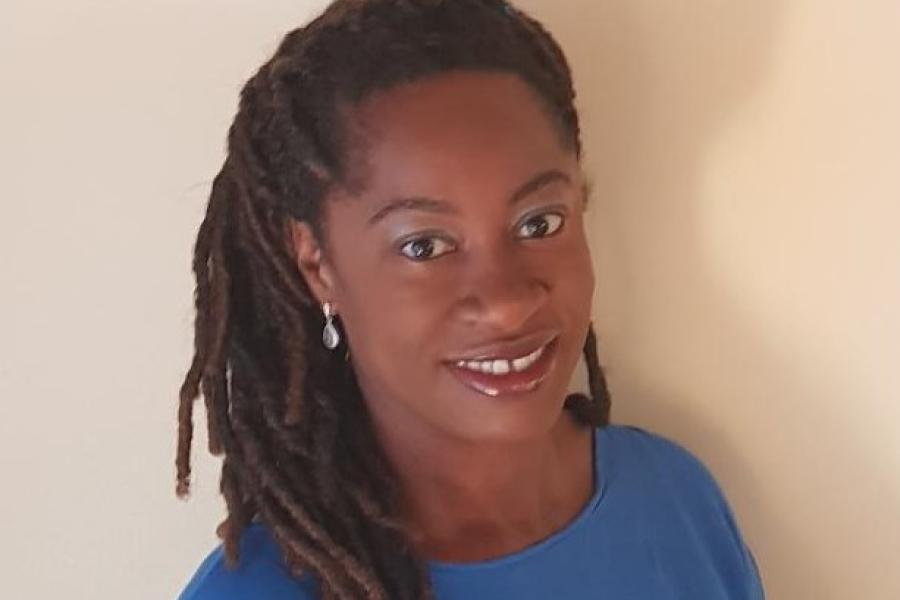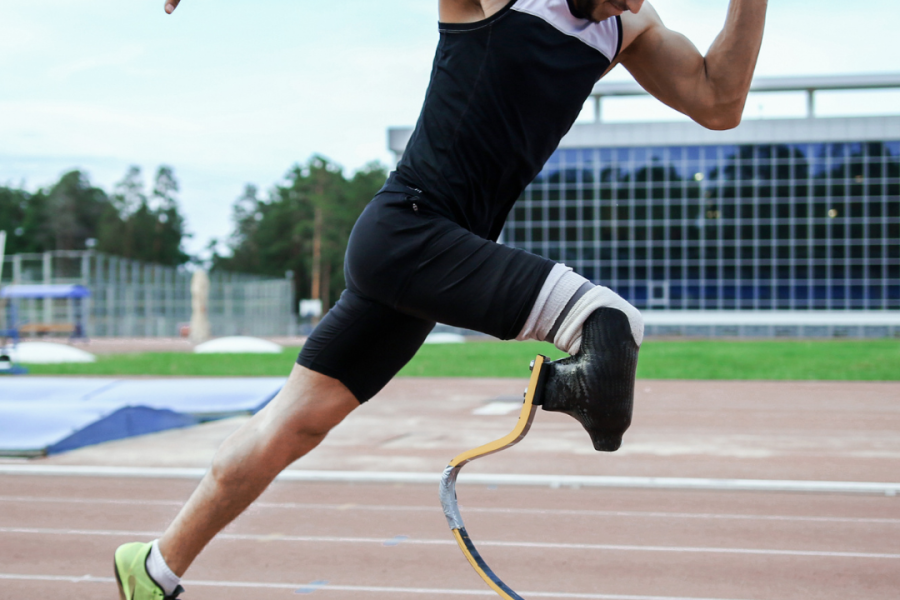‘Nothing For Us, Without Us’: UN and People With Disabilities collaborate to break down barriers

.
When Cecille Alves opened a bank account, she expected to get the same benefit as everyone else: an ATM card.
But when the customer service representative realised Cecille was visually impaired, she hesitated to issue the card.
“I said, ‘Listen, I am a customer of this bank,’” Cecille, a resident of Arouca, Trinidad, recalls. “They didn’t want to give me the bank card so they could prevent fraud because they said family or friends could take the card without me knowing and use it. I said, ‘Look, I understand what you are trying to do, but I would like to have an ATM card,’ and I eventually got my ATM card. We in the visually impaired community have to be outspoken and demand what it is we want to have.”

Thousands more like Cecille experience similar challenges in Trinidad and Tobago. The 2011 census identified 4% of the population - nearly 52,000 people - as having a disability. Estimates forecast that by the year 2050, 30% of people age 60+ will have a disability – a feature of the country’s ageing population.
To address inequalities facing the community of persons with disabilities, the UN in T&T team is rolling out a new project with the support of grant funding from the UN Partnership on the Rights of Persons with Disabilities (UNPRPD) Multi-Partner Trust Fund (MPTF).
In March 2021, the MPTF awarded a grant of US $100,000 to the UN in T&T team, led by PAHO/WHO and UNFPA. T&T was the only Caribbean country, and one of only 26 around the world, to be awarded the grant. A total of 126 countries applied to the MPTF for funding.
The UN will partner with Cecille and other persons with disabilities, government and civil society to identify gaps in programmes and services for people with disabilities and propose solutions.
This roadmap will support T&T as it continues to implement the UN Convention on the Rights of Persons with Disabilities and pursue Sustainable Development Goal 10: Reduced Inequalities.

“An important part of this project is to make sure that as the UN, we are not developing this programme by ourselves,” explains PAHO/WHO Advisor on Noncommunicable Diseases and Mental Health, Dr. Taraleen Malcolm. “That’s the important role that the community of persons with disabilities is playing in this, so they are the ones advising us on the challenges that exist and how can they be addressed. This partnership follows the principle of, ‘Nothing For Us, Without Us,’ a commitment to including the community of persons with disabilities in any plans we propose for them.”
The first phase of the project kicked off in May, with a nine-day in-depth virtual induction workshop that brought together more than 150 participants from the community of persons with disabilities, the UN team, government partners, civil society and universities.
During one of the sessions, the group discussed a persistent problem that persons with physical disabilities encounter: buildings without disability access.
It’s a challenge Wren Gray faces as he moves around his community in Tobago.
“I have to learn to use the steps, get up, go up the steps, come down the steps, all of that,” he says. “And some of them, the design of the material they use on the steps, like the tiles, they don't understand how someone like me with a physical disability who uses crutches, a drop of water on one of those steps could put me in serious, serious trouble in terms of skidding.”
Sitting in the virtual meeting room and taking notes on the concerns expressed by participants with disabilities was Terrez Herrera, the Acting Director of the Disability Unit at the Ministry of Social Development and Family Services.
The discussions renewed her commitment for the ministry to launch a public education campaign.
“It has given me a couple ideas for increased awareness,” she says. “Persons in Trinidad and Tobago are not aware of disability issues. We really need a very strong public awareness campaign on persons with disabilities and the topic of inclusion.”

The UN team will use feedback from the workshop, follow-up interviews and focus group discussions to propose ways to improve access to mainstream education, employment, healthcare, assistive technology and public services for persons with disabilities.
The proposal will be presented to all the stakeholders collaborating on this project. Once approved, the UN will send the proposal to the MPTF for additional funding so it can be put into action.
For Cecille, the prospect of more meaningful inclusion brings years of emotion to the surface.
“What I hope for as a young lady under 35 is that it’s not a talk shop, that action will be taken. A lot of us face too much discrimination. A lot of us have degrees and master degrees and own our own small businesses. A lot of us face too much discrimination in the bank to get a loan, to get a job. We want to work, we want to pay taxes just like everybody else.”
Persons with disabilities have the same rights as everyone else and they deserve a fair chance to be included in every part of national life. The UN team is committed to leaving no one behind as we support T&T to fulfill the Sustainable Development Goals by 2030.
For more information on this project, please contact unprdproject@gmail.com




